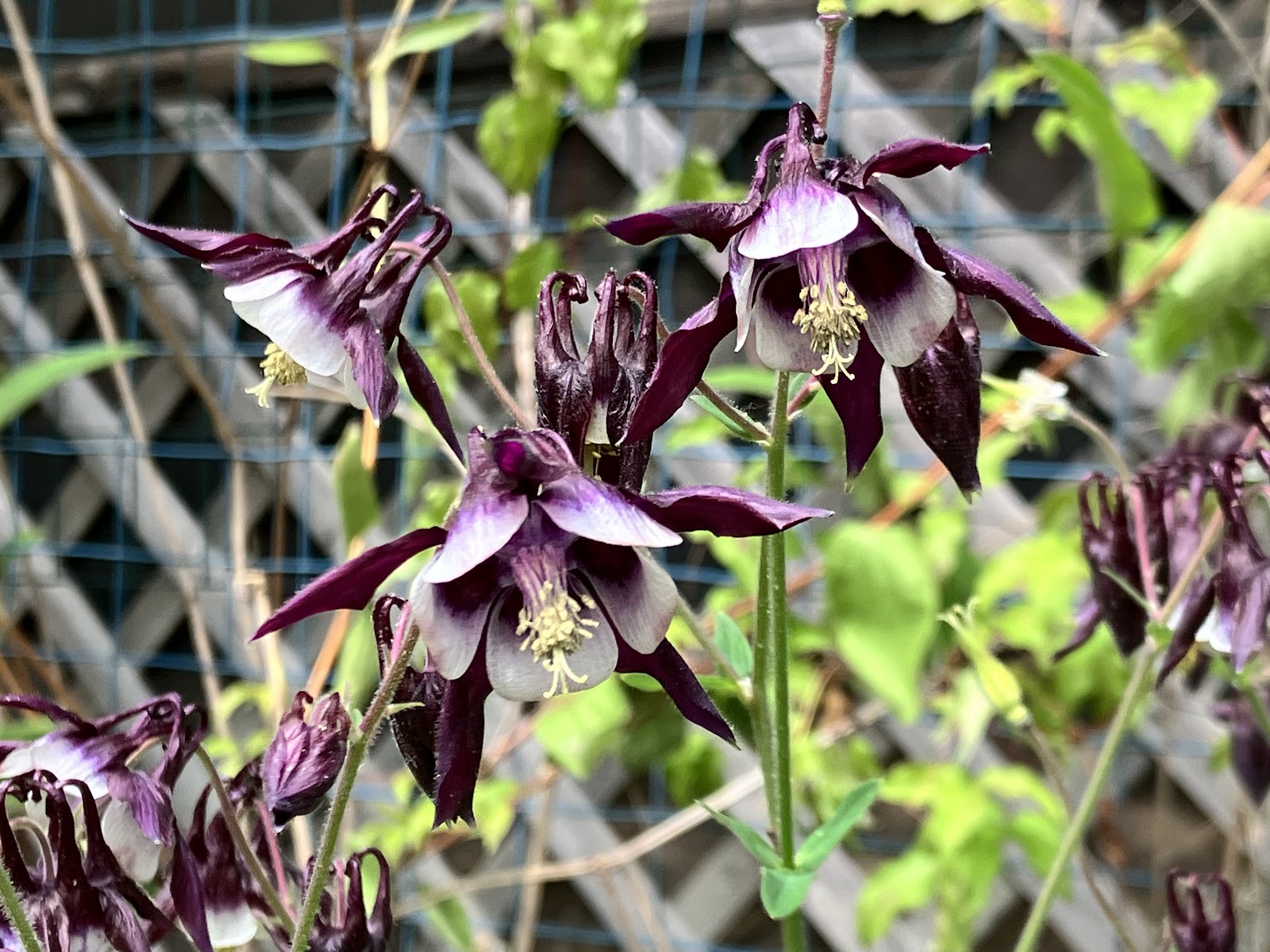Perspectives
As part of the Earth Day celebration, our city hosted a tree walk event. Our city arborist took a group of residents to visit a wooded area to check out the trees and vegetation. We learnt to identify various native trees and their growing requirements. The arborist also pointed out to us invasive plants and poisonous plants that we should be cautioned about.
A fellow resident asked the arborist, "Why do we have poison ivy?" "Huh?" the arborist was perplexed. "I am not sure what you mean . . ."
"Poison ivy does not do anything for us except for causing nasty rashes. What is their reason to exist?" she explained.
The arborist paused without saying anything. He tipped his head for a few seconds and then politely said, "Actually, some birds do eat the berries from the plant. It is a native plant and has wildlife values. But to answer your question: I think, in this case, maybe it is just to live? Just to be? Like any other plant, poison ivy just grows and tries to propagate itself."
Because I am a member of the city Tree Commission, I have dealt with our arborist in many instances. It is clear that he truly loves nature, cares about our environment and wants to make our city a nicer place through his work. After this event, I have new appreciation and respect for him as a person.
************
A neighbor is a proud eagle scout. He is an active man who likes all sorts of outdoor activities, and loves his little front garden. When we were chatting in front of his house one day, he asked me, "People often talk about butterflies and hummingbirds in their gardens. Is it even true? I have never seen any in my garden. Have you ever seen butterflies and hummingbirds in your yard?"
"Of course, I have," I said. "They come in the warm season quite often. I have seen a number of them."
My friend was very surprised. "Really? How come they visit you but they do not visit me? I have seen no insects. No birds."
I chuckled, "What do you think birds and butterflies do all day long? Do you think they just come to your place to hang out like I am doing now? Why do you think they come to my garden for?"
"What do you mean?" my friend was confused. "If they are real, I just want them to visit me. I like to see them."
"Animals need to eat. They are busy all day long. They come for a reason: FOOD. Do you have what they want? Animals are very pragmatic. They cannot afford to waste their energy. You want them to come, provide them with shelter or food source. Plant flowers for pollens and nectar. Grow host plants for insects. You grow these plants, wildlife will come." I suggested.
"Mm. It sounds like a lot of work. I like my garden the way it is . . . "
************
A friend of ours is a renown immunology researcher. He has been involved in many cutting edge medical research. Years ago, when AIDS was still a rather new disease, he told us about the projects he was working on.
"Just as we think we have developed advanced medicines and antibiotics that are effective against diseases that used to be incurable, nature evolves and came up with AIDS! Isn't nature beautiful? Isn't it amazing?" he said.
Some friends found his apparent admiration for this new deadly disease objectionable.
"Don't take me wrong. I am not rejoicing in people dying. I go to work everyday to try to find solutions. Nevertheless, as a scientist, it is hard to not be impressed by nature's resilience. The HIV virus is a living being, too. Just like us, it tries to live and propagate itself, and they are so good at it.
Can you imagine if we really manage to cure all diseases and people live forever? Would such a world be sustainable? How do we accommodate all the people? How do we feed everybody? Before this even happens, nature kicks in to control the population. It always does. We don't like it as people, but this is nature's way. Honestly, how can you not be amazed?"



Comments
Post a Comment